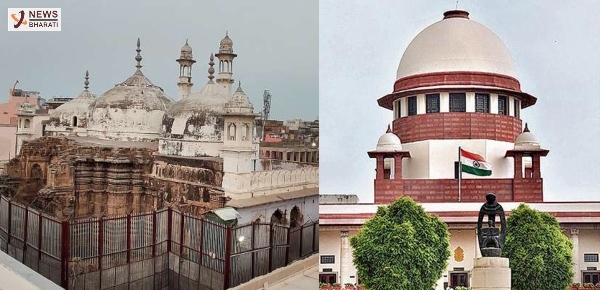Declare Places of Worship Act unconstitutional! Plea filed in SC
The Places of Worship Act of 1991 is void and unconstitutional for many reasons, the plea said, adding that it offends the right of Hindus, Jains, Buddhists, Sikhs to pray, profess and practice religion. (Article 25).
Total Views |
New Delhi, May 25: A plea was filed in the Supreme Court of India on Wednesday (May 25) challenging the constitutional validity of certain sections of the Places of Worship Act (1991), stating that it barefacedly violates the principles of 'secularism' and 'rule of law'.

The plea filed by Swami Jeetendranand, a religious leader, challenged the constitutional validity of Sections 2, 3, 4 of the Places of Worship Act (Special Provisions Act) of 1991. The plea said that the sections not brazenly offend Articles 14, 15, 21, 25, 26, 29 but also barefacedly violate the principles of secularism and rule of law, which are an integral part of the Preamble and the basic structure of the constitution.
According to the plea, the injury caused to Hindus, Buddhists, Jains and Sikhs is extremely large because Sections 2, 3, 4 of the Act have taken away the right to approach the Court and thus the right to judicial remedy has been closed. The Places of Worship Act of 1991 is void and unconstitutional for many reasons, the plea said, adding that it offends the right of Hindus, Jains, Buddhists, Sikhs to pray, profess and practice religion. (Article 25).
Section 3 of the Act bars the conversion of places of worship. It states, "No person shall convert any place of worship of any religious denomination or any section thereof into a place of worship of a different section of the same religious denomination or of a different religious denomination or any section thereof." Section 4 of the act bars filing of any suit or initiating any other legal proceeding for a conversion of the religious character of any place of worship, as existing on Aug 15, 1947.


